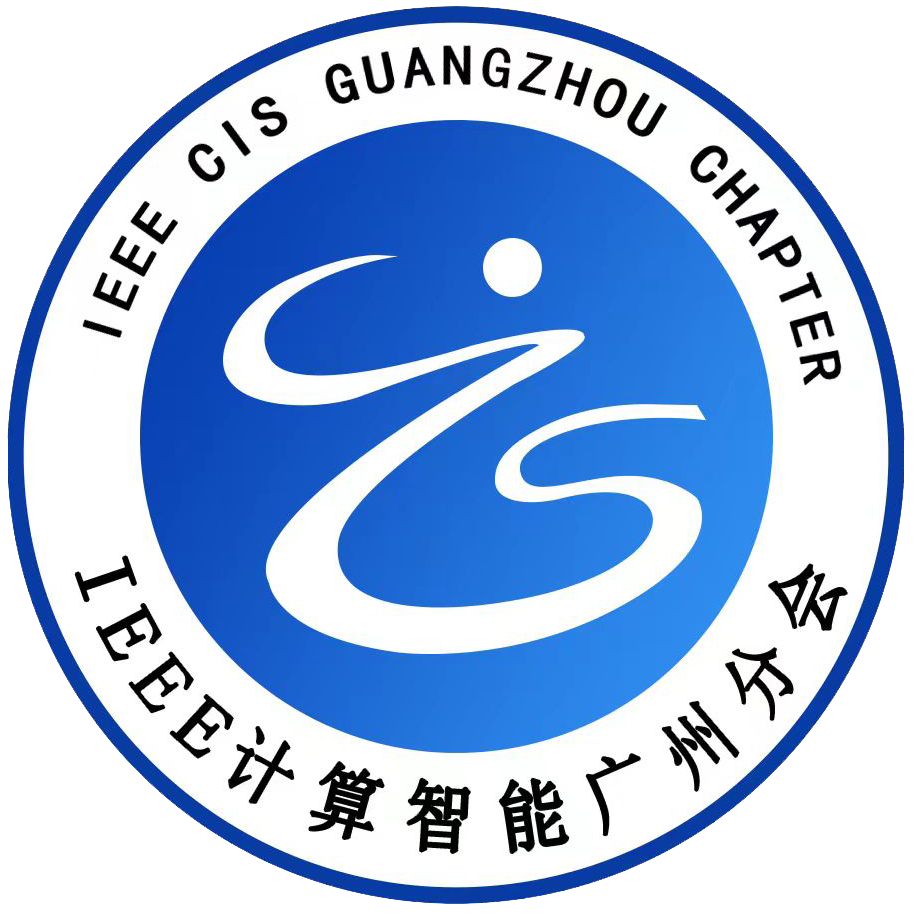Action and Perception
Intelligent Automobile
Automated vehicles
Proximity awareness technology
Intelligent ground, air and space vehicles
Autonomous intelligent robotic vehicles
Image, radar, lidar signal processing
Information fusion
Vehicle control
Telematics
Electric and hybrid technologies
Novel interfaces and displays
Intelligent vehicle software infrastructure
Artificial Intelligence Tools and Applications
Evolutionary-Developmental Systems and Robotics
Control Science and Engineering
Adaptive control
Robust control
Intelligent Robot
Process control
Complex systems Co-operative control
Identification and estimation
Nonlinear systems Intelligent systems
Discrete event systems
Hybrid systems
Networked control systems
Control engineering education
Sensor network systems
Delay systems
Neural networks
Fuzzy systems
Control of biological systems
Precision motion control
Control applications
Vision Intelligent processing
Image/video analysis
Feature extraction, grouping and segmentation
Scene analysis
Pattern recognition
Learning in vision Applications
Tracking and surveillance
Biometrics
Biomedical image analysis
Activity/behaviour recognition
Human-Robot Interaction
Artificial Intelligence Algorithm
Artificial Intelligence and Computational Intelligence
Robotics Science and Engineering
Modeling and identification
Human-Machine Interaction
Robot control
Mobile robotics
Mobile sensor networks
Perception systems
Micro robots and micro-manipulation
Visual servoing
Search, rescue and field robotics
Robot sensing and data fusion
Localization, navigation and mapping
Dexterous manipulation
Medical robots and bio-robotics
Human centered systems
Space and underwater robots
Tele-robotics
Mechanism design and applications




 Please send the full paper(word+pdf) to Submission System :
Please send the full paper(word+pdf) to Submission System : 







